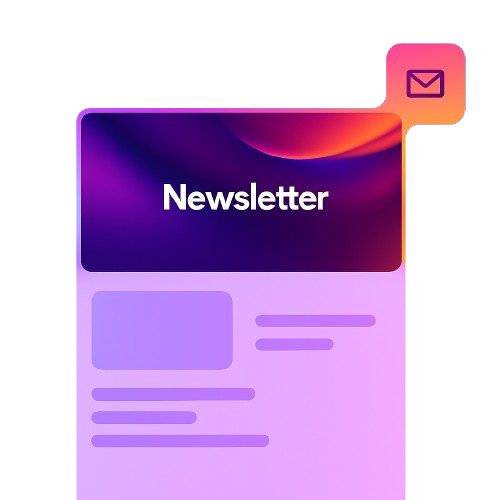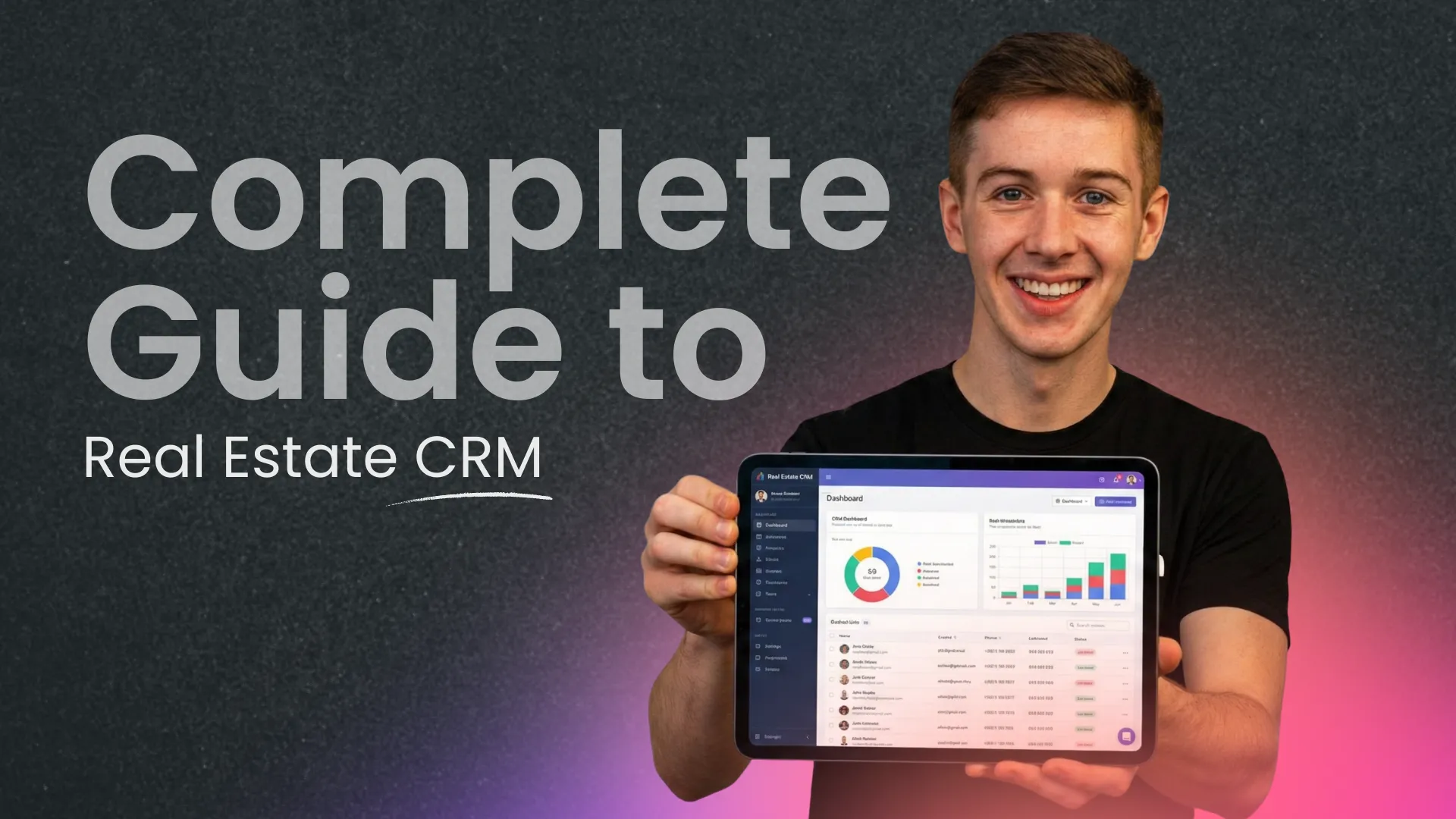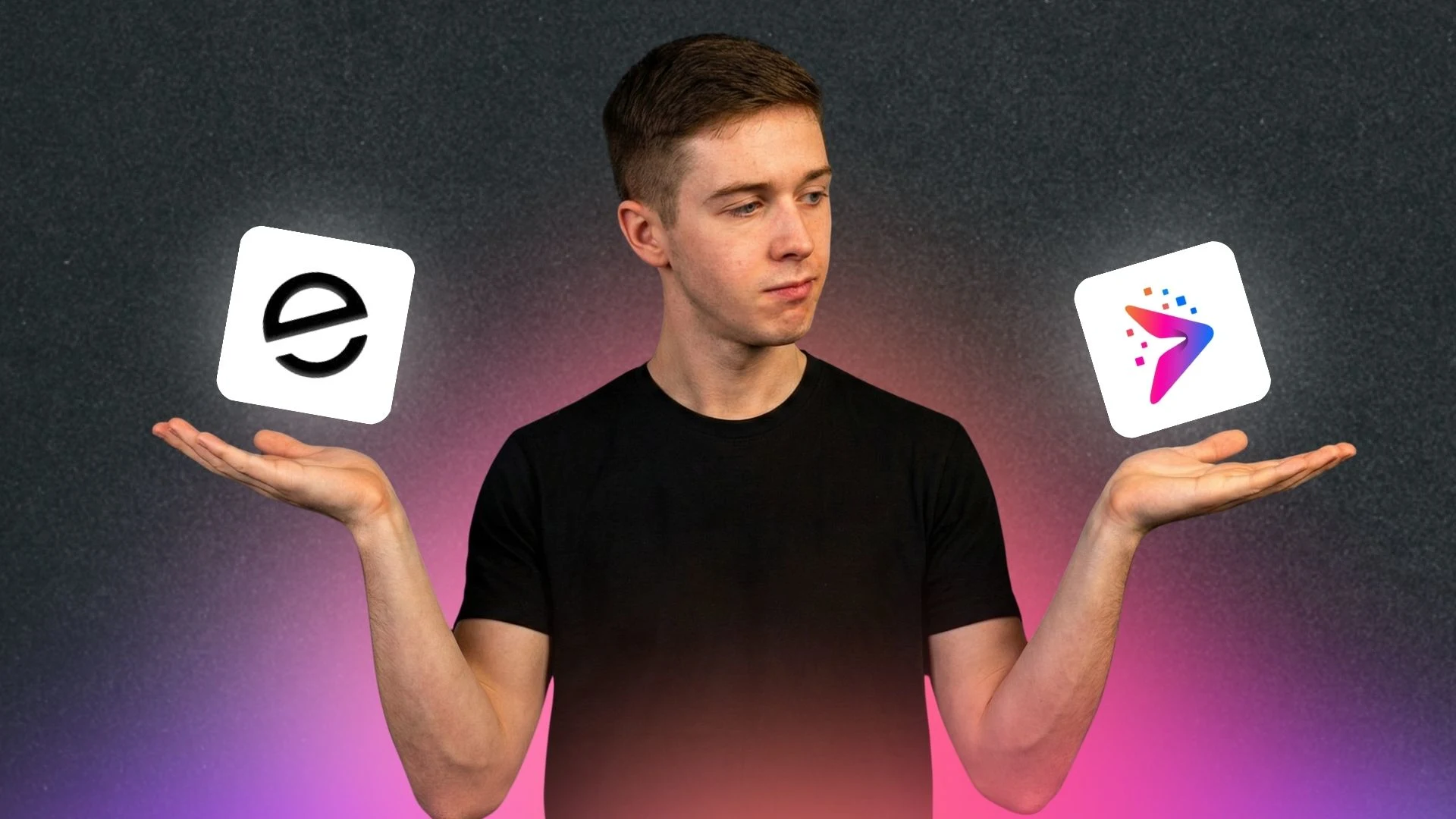
Hiring a developer is a big decision. It’s not just about the money—though that’s important. It’s about speed, scalability, ownership, and flexibility. In 2025, the rise of no-code platforms like Imagine.bo has reshaped the way entrepreneurs think about product development. So before you sign a contract or write a check, stop and ask yourself the following questions.
1. Do I Need Code to Launch My Idea?
Many early-stage founders assume that code is required to build anything substantial. In reality, no-code tools can take you much further than you think. Platforms like Imagine.bo can generate a full backend, user interface, and deploy your project to cloud infrastructure—without touching a single line of code.
Launch Your App Today
Ready to launch? Skip the tech stress. Describe, Build, Launch in three simple steps.
BuildAsk yourself: Am I trying to solve a unique technical problem, or am I building something that already exists in templates and workflows?
2. Is My Idea Validated?
Hiring developers before validating your idea can waste months of time and thousands of dollars. Instead, consider launching a quick MVP using no-code tools to test demand.
Try this instead: Use Imagine.bo to build a landing page or simple app to gauge interest.
3. What’s My Budget—and What Am I Buying?
Developer costs add up fast. A basic app can cost $10,000–$50,000 or more. But are you paying for the product—or the process?
Alternative: For under $20/month, no-code platforms can offer enterprise-grade capabilities like hosting, analytics, and SEO.
4. Will I Be Able to Make Changes Easily?
With traditional development, every small change means another ticket, another sprint, another invoice. No-code lets you make updates in minutes.
Ask yourself: Do I want to own my product or be dependent on others?
5. How Fast Do I Need to Move?
Speed matters. The faster you launch, the faster you learn. No-code tools dramatically reduce time-to-market. What once took weeks can now take hours.
Try this: Describe your idea to Imagine.bo and have a working prototype by tomorrow.
6. How Complex Is My Project?
If you’re building a social network, AI engine, or complex database logic, traditional development might be necessary. But if you’re building a marketplace, directory, booking platform, or dashboard—no-code might be perfect.
Checklist: Does my app need real-time syncing? AI logic? Hardware-level access? If not, consider no-code first.
7. Who Will Maintain the Product?
Products evolve. Bugs happen. Hiring developers means planning for long-term maintenance. With no-code, updates are often visual, intuitive, and instant.
Tip: Use platforms that offer live support and automated maintenance (like Imagine.bo).
8. What Happens If I Pivot?
Every startup evolves. You might change your value proposition, target user, or even business model. If you’ve hard-coded everything, that change could be painful. With no-code, pivoting is easier and less costly.
Ask yourself: Is my tech stack flexible enough to change directions next month?
9. Do I Understand What I’m Building?
Non-technical founders often hand over control to dev teams. That’s risky. No-code gives you the ability to understand your product without needing to know JavaScript or React.
Better control = better decisions.
10. Can I Start Without Code and Add It Later?
Absolutely. Many no-code platforms are extensible. Imagine.bo lets you launch without code, then integrate APIs, add custom scripts, or bring in devs when you’ve outgrown drag-and-drop.
Best of both worlds: Start fast, then scale technically if needed.
Final Thoughts: Build Smarter, Not Slower
You don’t have to choose between DIY and done-for-you development. You can build smart, scale fast, and stay in control.
Before you hire a developer, pause. Think. Ask these 10 questions.
Then try Imagine.bo—it might be everything you need to go live this week.
👉 Try it free until August 2025: https://www.imagine.bo
Launch Your App Today
Ready to launch? Skip the tech stress. Describe, Build, Launch in three simple steps.
Build





